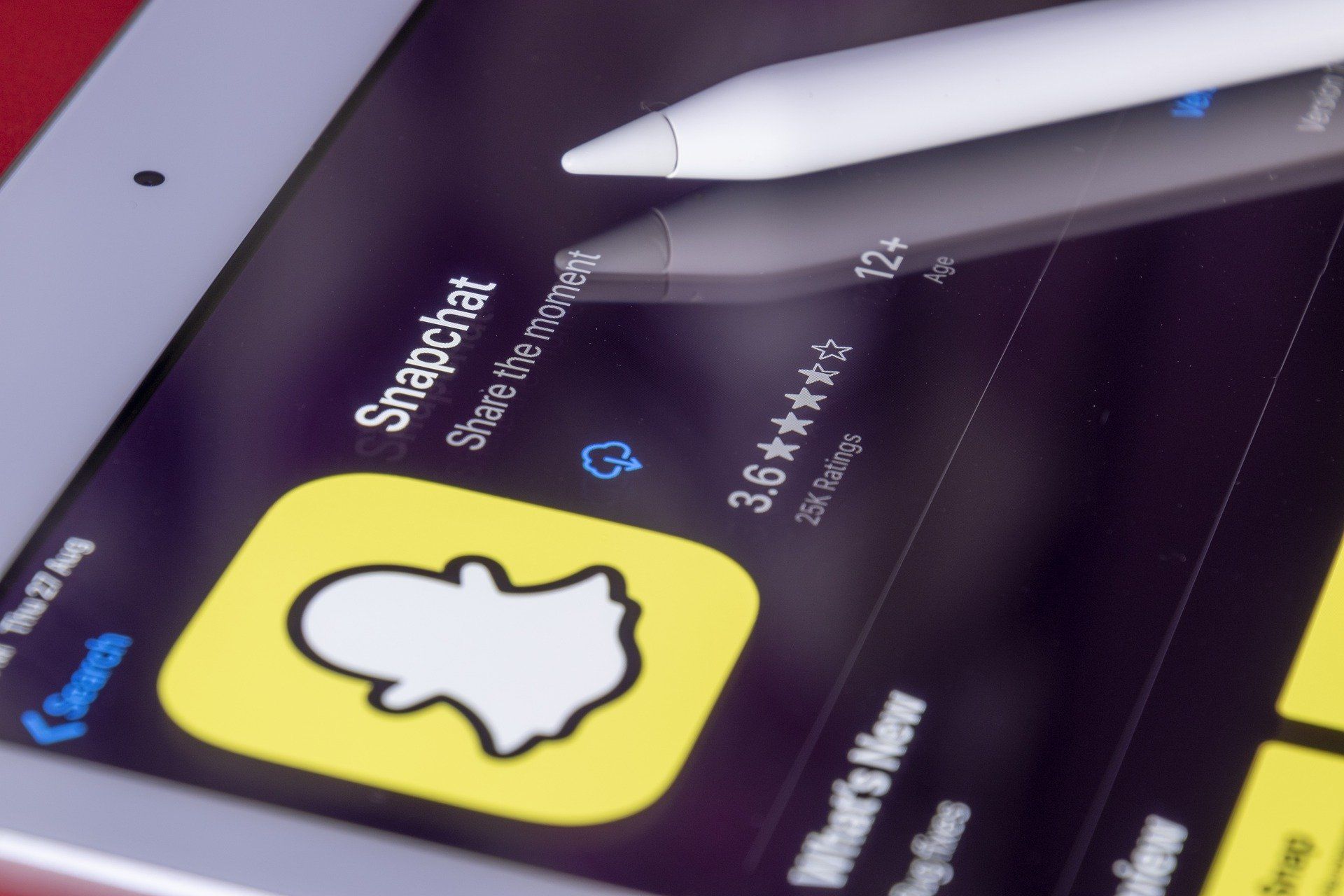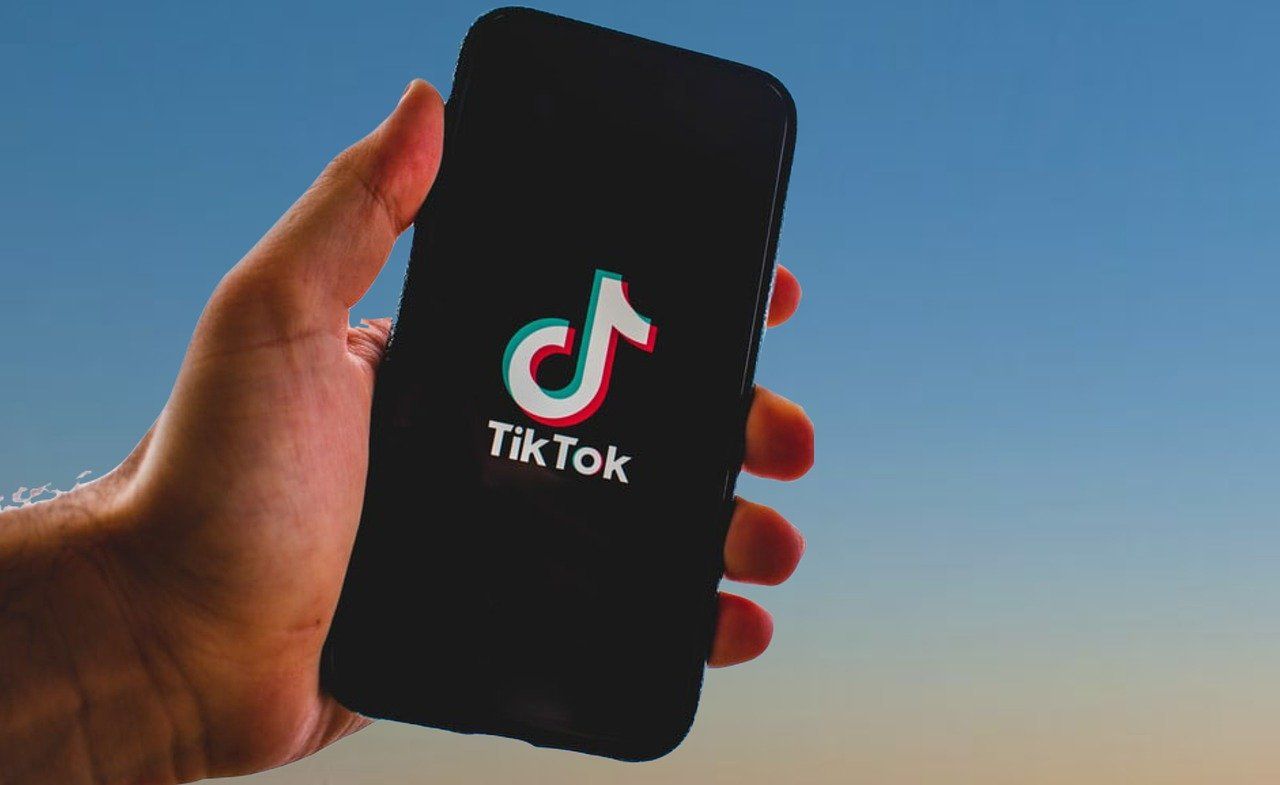What’s the difference between a mobile website and an app?

Now more than ever there are higher rates of consumer activity on mobile applications and responsive, mobile-friendly websites. Many are aware of the rise of mobile apps, but it might be helpful to break down some basic benefits and differences between websites and apps. Some key variances between apps and websites include:
Direct Communication
While most business owners know what an app is, they may not feel the need to develop one because they already have a website. This common misconception has prevented companies of all sizes from truly capitalizing on the direct interactive elements found in mobile apps. With an app, you can directly send push notifications to users’ phones with updates and alerts for participating consumers. You can also incorporate engaging promotional content to garner prospective information. With so many websites and digital advertisements out there today, consumers are looking for a one-on-one interactive experience with a brand, and apps allow for that direct connection.
Personalized Experience
Mobile apps can be curated to suit specific kinds of consumers, whereas websites are a unanimous digital platform designed to provide basic information and contact process for web visitors to seek service. With an app, businesses can program customized options for unique consumer experiences.
Advanced Capabilities
Since apps are in a perpetual state of development, their fundamental design platforms are capable of incorporating highly advanced widgets and device capabilities. On an app, location services, camera integration, and live video features make the consumer experience completely personalized and even collaborative.
Having a high-functioning, optimized website design is as important as ever, and developing a mobile app in conjunction with your website will only add depth to your customer interactions. Plus, apps can be a truly fun user experience to learn more about your company. The more ways your business connects with consumers digitally, the better!










